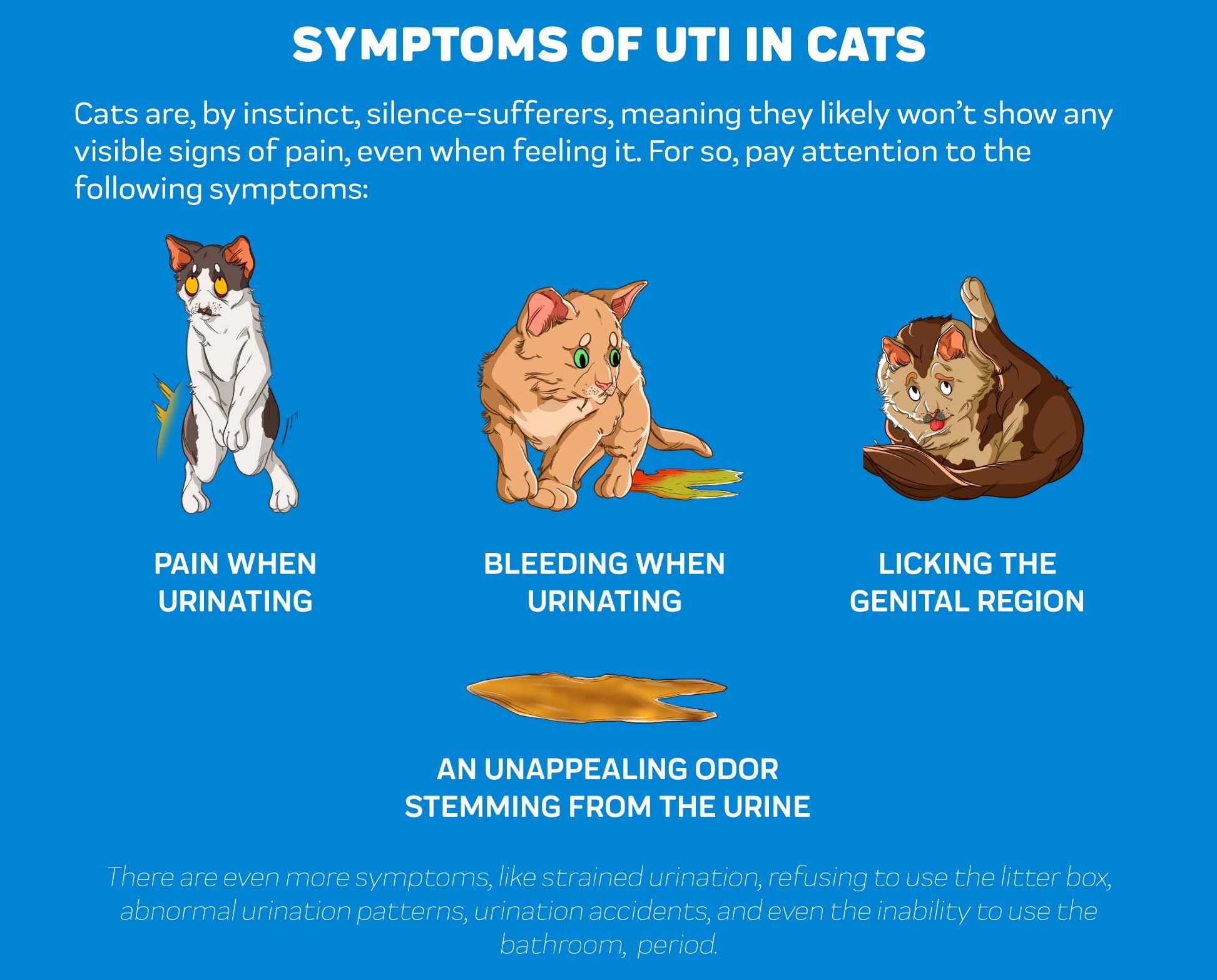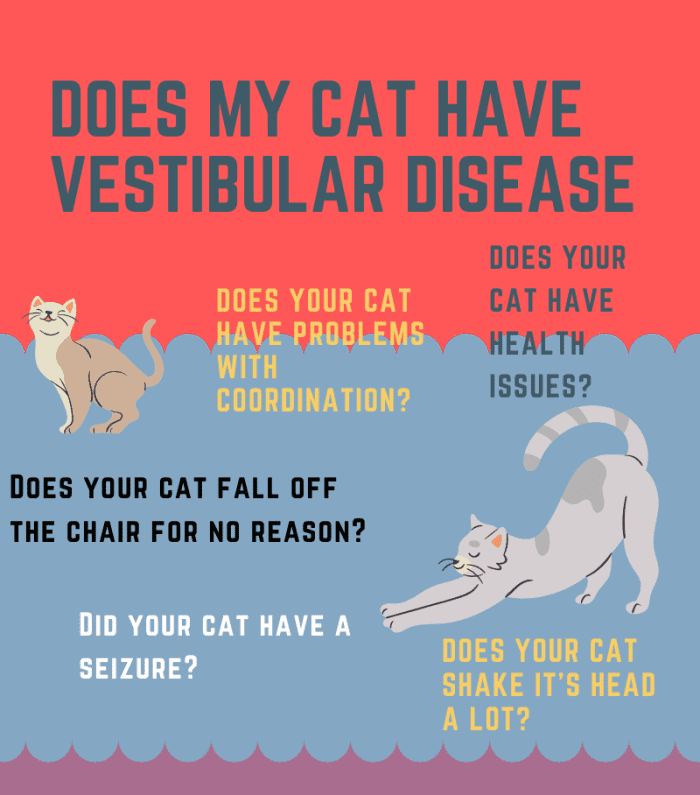

Most cats with congestive heart failure require medications for the remainder of their lives. A low-sodium diet may also be recommended to help prevent fluid accumulation. There are plenty of medications veterinarians recommend to help reduce fluid buildup, improve heart function, and/or normalize heart rhythms. If fluid surrounds the lungs (pleural effusion) or is found in the sac surrounding the heart (pericardial effusion), it may need to be removed to improve breathing and help the heart pump more efficiently. Nonetheless, treatment can almost always help improve cats’ quality and length of life.Ĭats with severe congestive heart failure may require initial hospitalization and oxygen therapy. In most cases, however, the problem cannot be cured. If the problem is caused by a congenital condition (a heart defect that the cat has had since birth), surgical repair may be an option. In some cases, such as congestive heart failure that is caused by hyperthyroidism, treatment of the underlying condition may resolve some or all of the heart problems. Referral to a veterinary cardiologist may be recommended.Īll cat breeds may be affected by congestive heart failure, but Maine Coon cats may be genetically predisposed to certain types of CHF. An echocardiogram (an ultrasound exam to evaluate heart structure and function).Chest radiographs (X-rays) to assess the heart, blood vessels, and lungs.Blood and urine tests, including CBC, biochemical panel, thyroid hormone test, heartworm test, FeLV/FIV test, and urinalysis.To definitively diagnose the condition and determine its cause, veterinarians will usually recommend a number of tests, such as: As the disease progresses, signs can include:Ĭongestive heart failure is usually diagnosed based on symptoms and physical examination findings, in which fluid in the lungs causes them to sound congested when your veterinarian listens with a stethoscope. In the early stages of congestive heart failure, cats might show no signs at all.

Anemia (low numbers of red blood cells)Ĭongestive heart failure can occur at any age, in any breed, and in cats of any gender, but it happens most often in middle-aged to older cats.Other causes of congestive heart failure in cats include:

Fluid may also back up into the abdomen, but this is less common in cats than in dogs who suffer similar cardiac conditions. As a result, fluid will back up into or surround the lungs, making breathing difficult.

In this condition, the muscular walls of the heart become so thickened that they are unable to stretch and fill with adequate amounts of blood to pump to the body. Though many conditions can lead to congestive heart failure in cats, one of the more common causes is hypertrophic cardiomyopathy. This causes congestion of the lung tissue –– hence the term congestive heart failure. The heart is then unable to pump enough blood to the body so that the fluid backs up, most often into the lungs. As the heart disease increases in severity, however, these compensatory mechanisms become overwhelmed. When the heart starts to fail in its ability to pump adequate amounts of blood, the body can usually compensate to ensure that tissues receive the blood and oxygen they need. It can be caused by a failure of the left side, right side, or both sides of the heart. Depending on the underlying problem, treatment may help reverse congestive heart failure, and there are medications to reduce symptoms.Ĭongestive heart failure is a broad medical term that means that a cat’s heart can’t deliver enough blood to his or her body. Most commonly it results from a condition that causes the walls of the heart to thicken (hypertrophic cardiomyopathy), but it can also be brought on by thyroid disease, high blood pressure, or birth defects, among other possibilities.Ī cat with congestive heart failure may have trouble breathing, may be weak or tired, might refuse to eat, and could die suddenly. There are many causes of congestive heart failure in cats. When the heart can’t deliver enough blood to the body and fluid consequently backs up into a cat’s lungs, it’s called congestive heart failure.


 0 kommentar(er)
0 kommentar(er)
